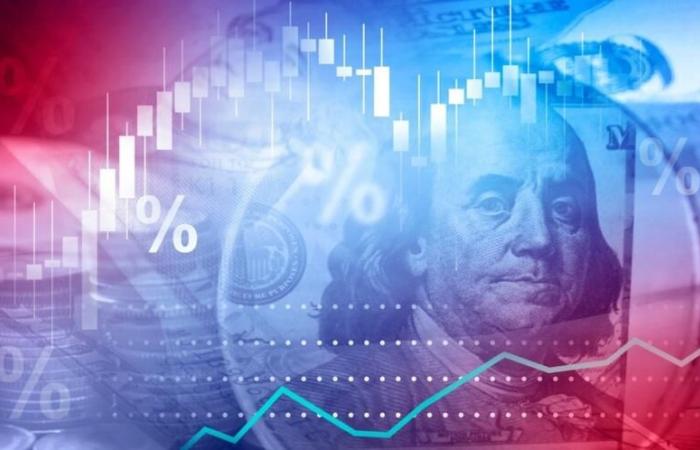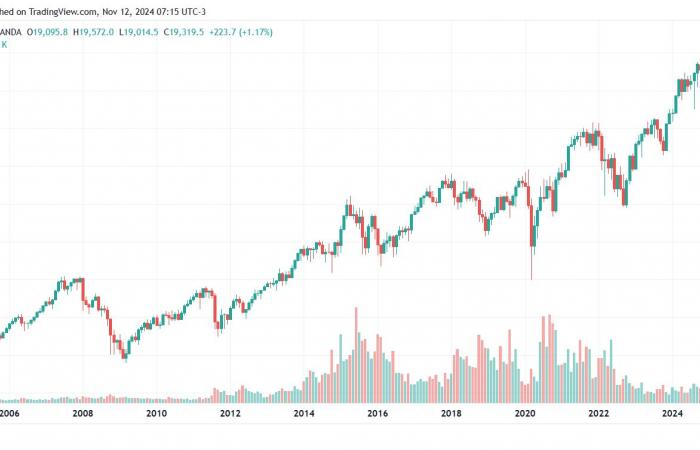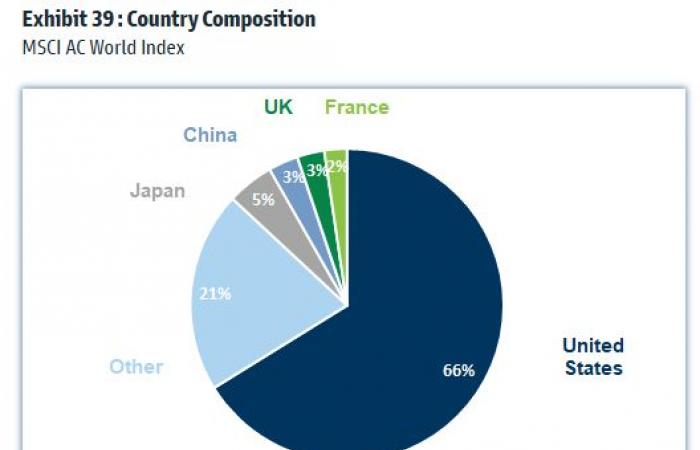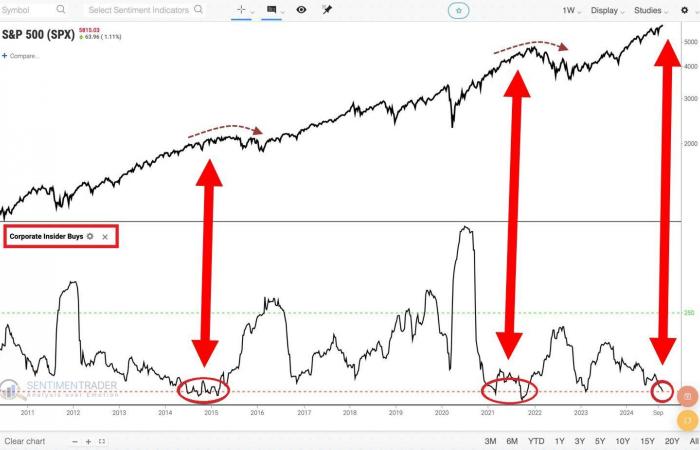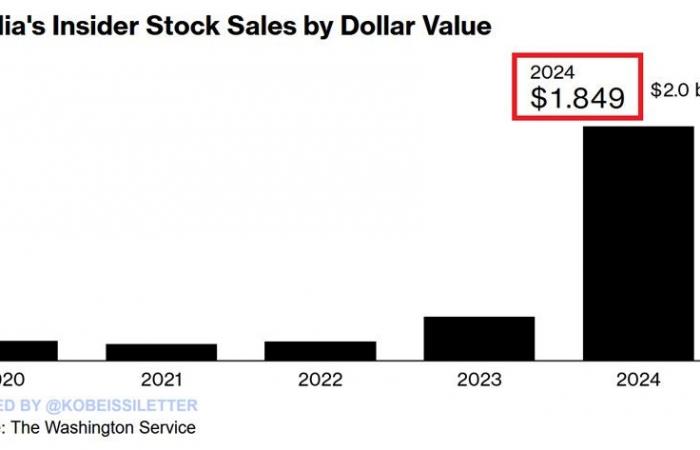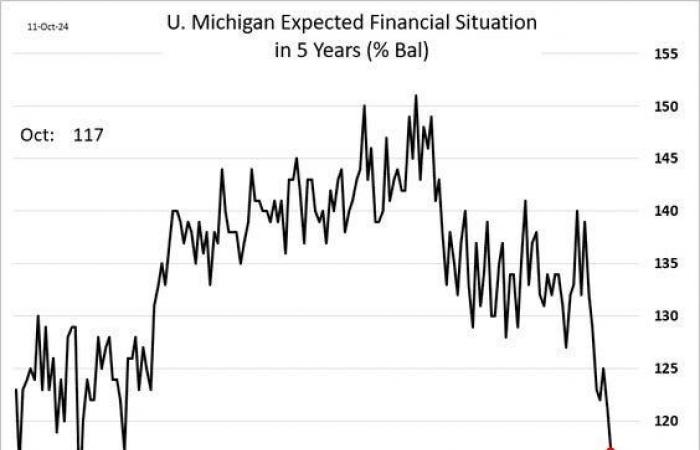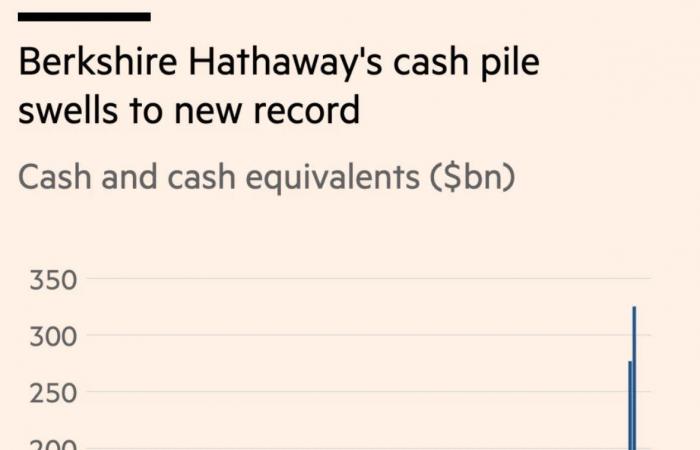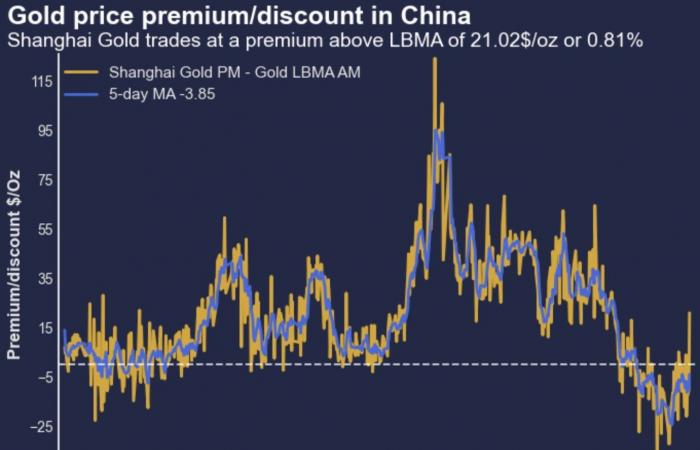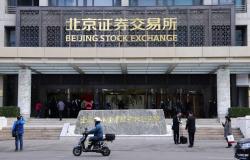According to the economic institute IFO, the shortage of orders in Germany continues to worsen, hampering economic development and affecting almost all sectors.
In October, 41.5% of German companies reported a lack of orders, compared to 39.4% in July. This is the highest level since the 2009 financial crisis. Virtually no sector has been spared. Nearly half of manufacturing companies (47.7%) are affected, particularly 68.3% of base metal manufacturers and 59.9% of metal product producers. Key sectors, such as automotive and chemicals, have around 44% of companies facing a lack of orders. The commerce sector has reached a record rate since 2006, with 65.5% of companies affected, including 56.4% in retail.
This drop in demand paradoxically occurs as the DAX, the German stock market index, has just reached a historic record:
The DAX is benefiting from the general momentum in global stock markets, driven by US markets surging to new highs.
This craze is largely fueled by the fear of “missing the train” of the rise, the famous FOMO “Fear of Missing Out”. Investors are afraid of missing out on the market surge.
The wave of increases primarily benefits the American markets, which continue to capture the majority of global savings.
The MSCI World index is now made up of 66% American companies, a record level since its creation:
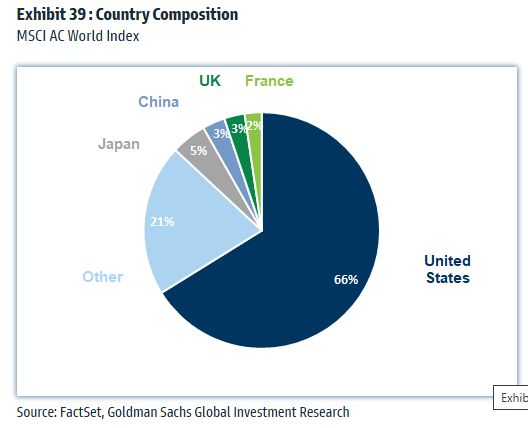
In any case, this rush towards shares is far from concerning insiders.
Executives of S&P 500 companies have purchased fewer stocks than ever since the bear market began in 2021:
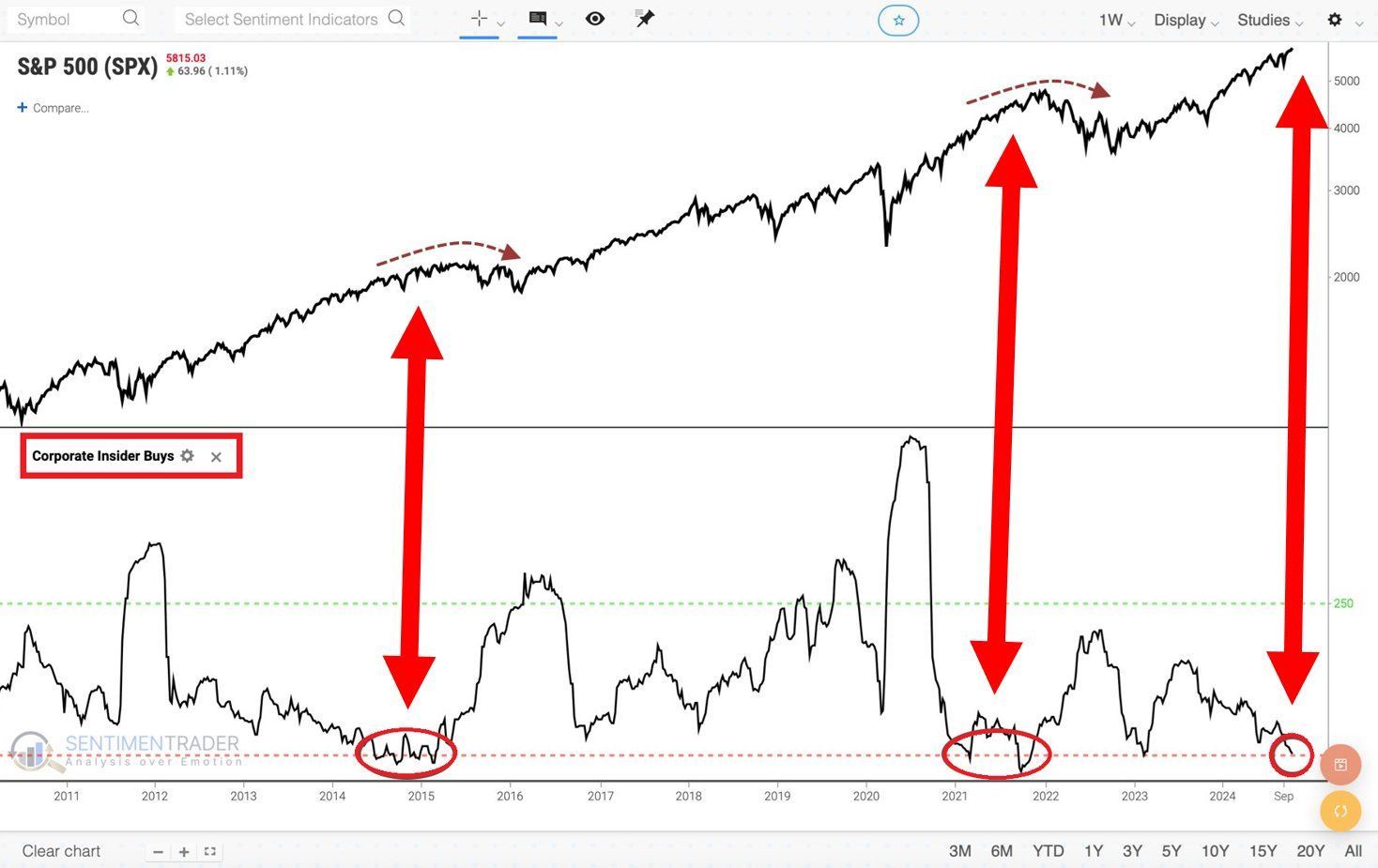
The rush to the American market represents, on the contrary, an excellent opportunity for insiders, who have skillfully taken advantage of this exuberance to sell their shares at advantageous prices.
THE insiders of Nvidia are taking advantage of the rise in shares to sell.
Since the start of the year, Nvidia’s major shareholders have liquidated an impressive $1.85 billion worth of shares, or about 11 million shares, a record since at least 2020. By 2024, these internal sales will be five times higher than in 2023, when they amounted to only $350 million. CEO Jensen Huang recently completed the sale of 6 million shares as part of a pre-defined sale plan, while Nvidia board member Mark Stevens planned to sell 3 million shares after having already sold 1.6 million this year:
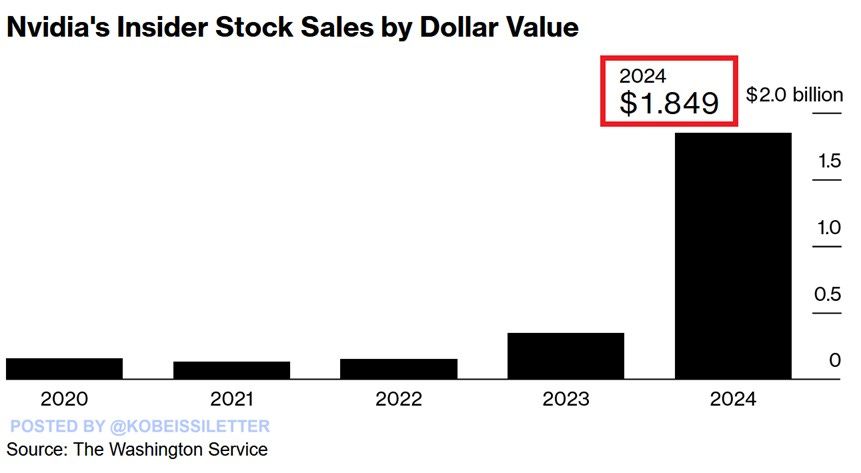
They probably think that their company’s revenue forecasts absolutely do not reflect the value of their shares.
Nvidia stock has a P/E ratio of around 70, well above the tech sector average of around 25-30, highlighting the huge premium investors are paying. With a market valuation close to $3.7 trillion, the market anticipates exceptional revenue growth, particularly in the AI sector. In other words, at this level, even a 5-10% slowdown in sales could cause a significant correction in the stock’s value.
This correction could be triggered by a future weakening of American consumer activity. If household spending begins to slow, it would directly affect the revenue of demand-dependent technology companies, particularly in the consumer products and video game segments, where Nvidia is heavily involved. Indeed, a drop in consumption would reduce sales of computer hardware and graphics cards, which represent a significant part of Nvidia’s revenues. This decline in consumer activity, combined with rising interest rates and persistent inflation, could create a less favorable economic environment for consumer-dependent businesses, leading to a correction in stock prices. The dream of artificial intelligence should not obscure the threats weighing on the real economy, often eclipsed in this period of market exuberance. While there is overwhelming enthusiasm for AI, concrete risks, such as slowing consumption and pressure on businesses, could cloud this optimistic picture.
The University of Michigan index, which measures American consumers’ expectations about their personal financial situation for the coming 12 months, is in free fall in October.
Crushed by debt repayments that have become too heavy, American consumers are beginning to give up:

Faced with this threat, the smart money takes cover, anticipating an imminent market decline.
Berkshire Hathaway has boosted its cash reserves to a record level, surpassing $350 billion, mainly through a series of asset sales and divestitures. This level of cash flow reflects less an increase in shares held than an active disengagement strategy. Warren Buffett and his team appear to have favored asset sales, freeing up funds by reducing their positions in certain stocks, rather than accumulating more shares:
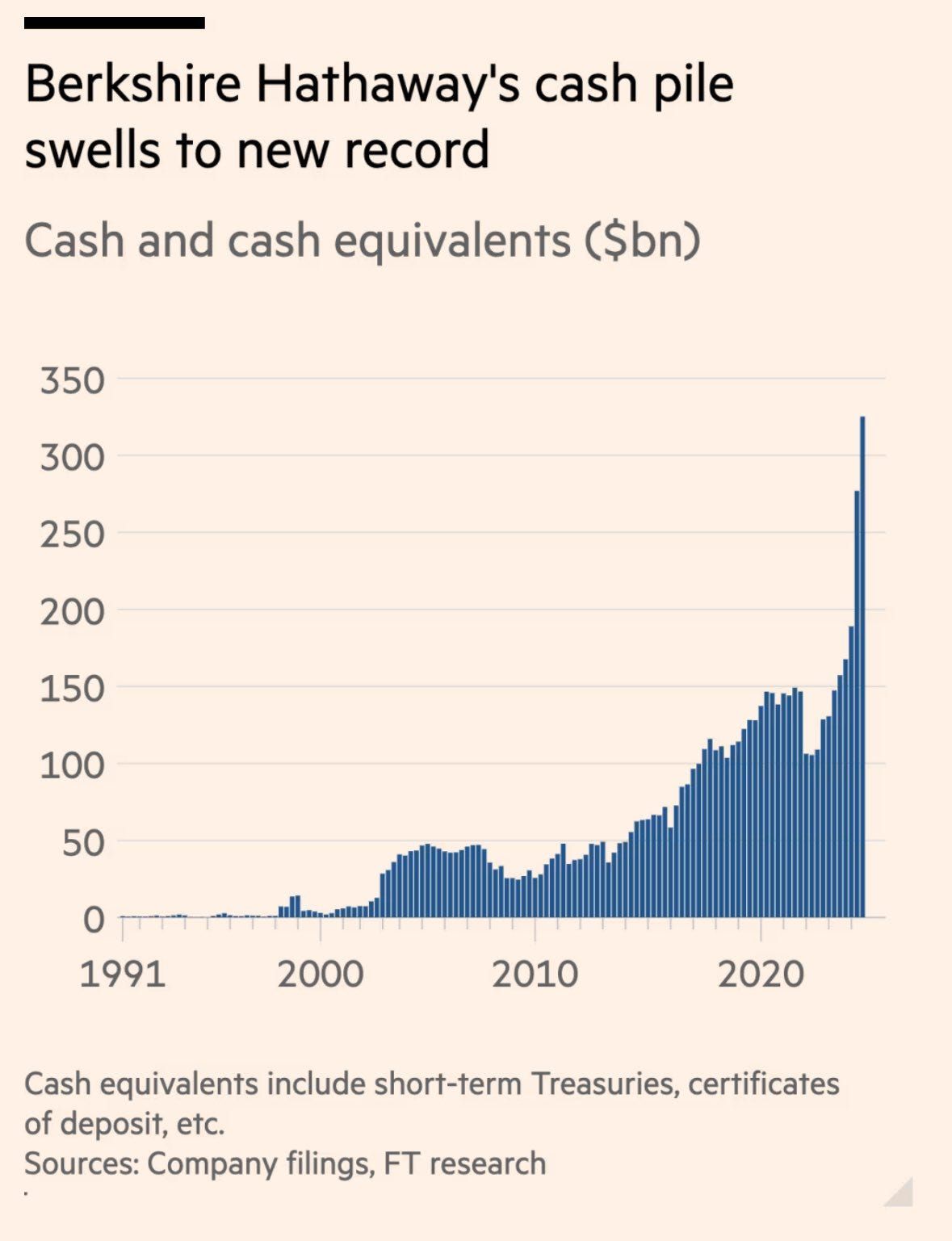
While some institutions like Berkshire Hathaway are increasing their cash positions, central banks are continuing their purchases of gold.
Weekly data from the Reserve Bank of India reveals that its gold reserves increased by around 27 tonnes in October, marking the biggest monthly rise since November 2009, when it acquired 200 tonnes from the IMF. Cumulative purchases for the year amounted to 78 tonnes, bringing its total gold reserves to 882 tonnes.
The current correction of gold, linked to the election of Trump, has in any case reestablished a positive premium on the spot price of the metal in China compared to that of London, thus creating new arbitrage opportunities which have supported gold prices since 2023:
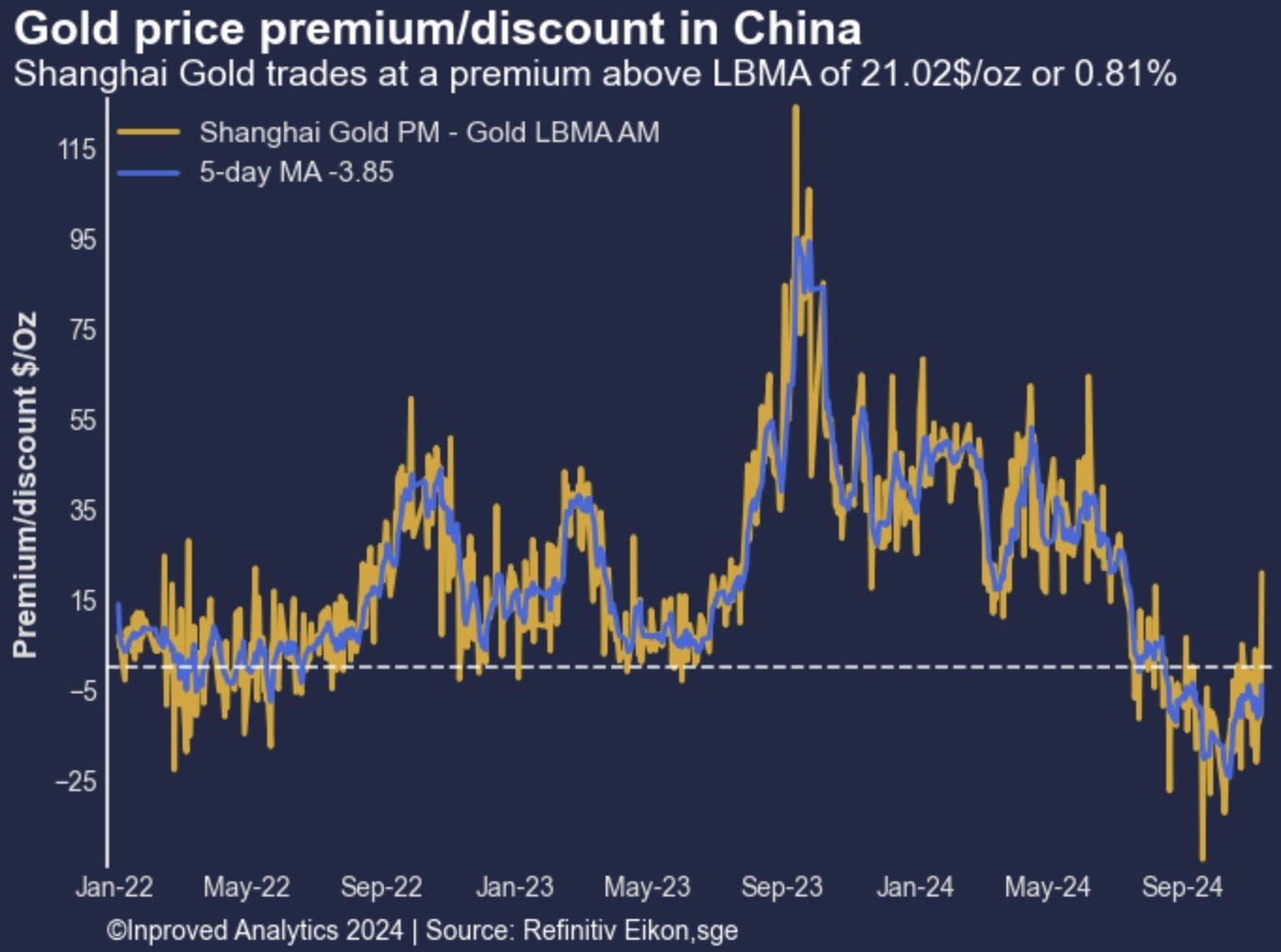
Reproduction, in whole or in part, is authorized provided that it contains all hypertext links and a link to the original source.
The information contained in this article is purely informative and does not constitute investment advice, nor a recommendation to buy or sell.
- -
